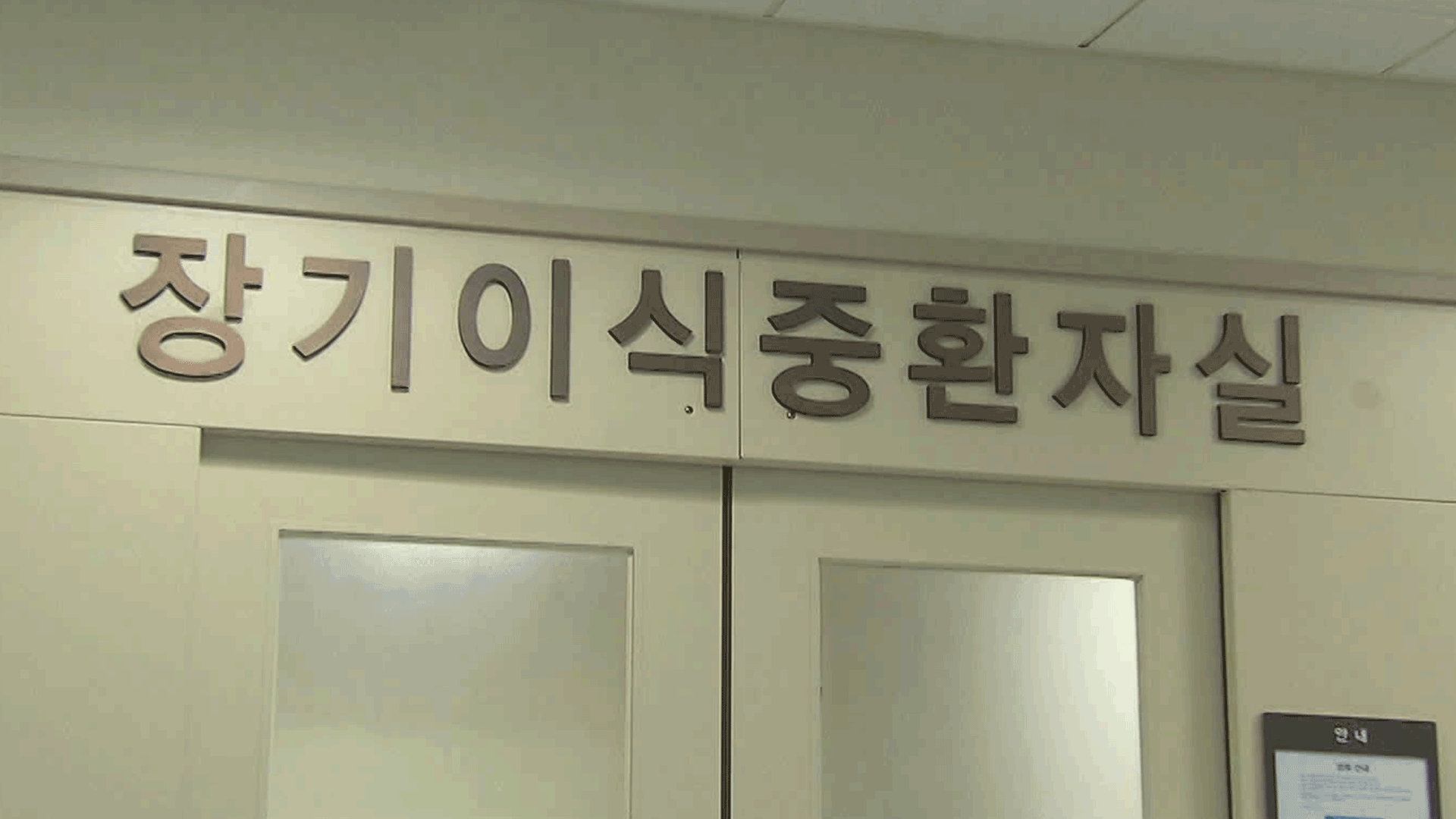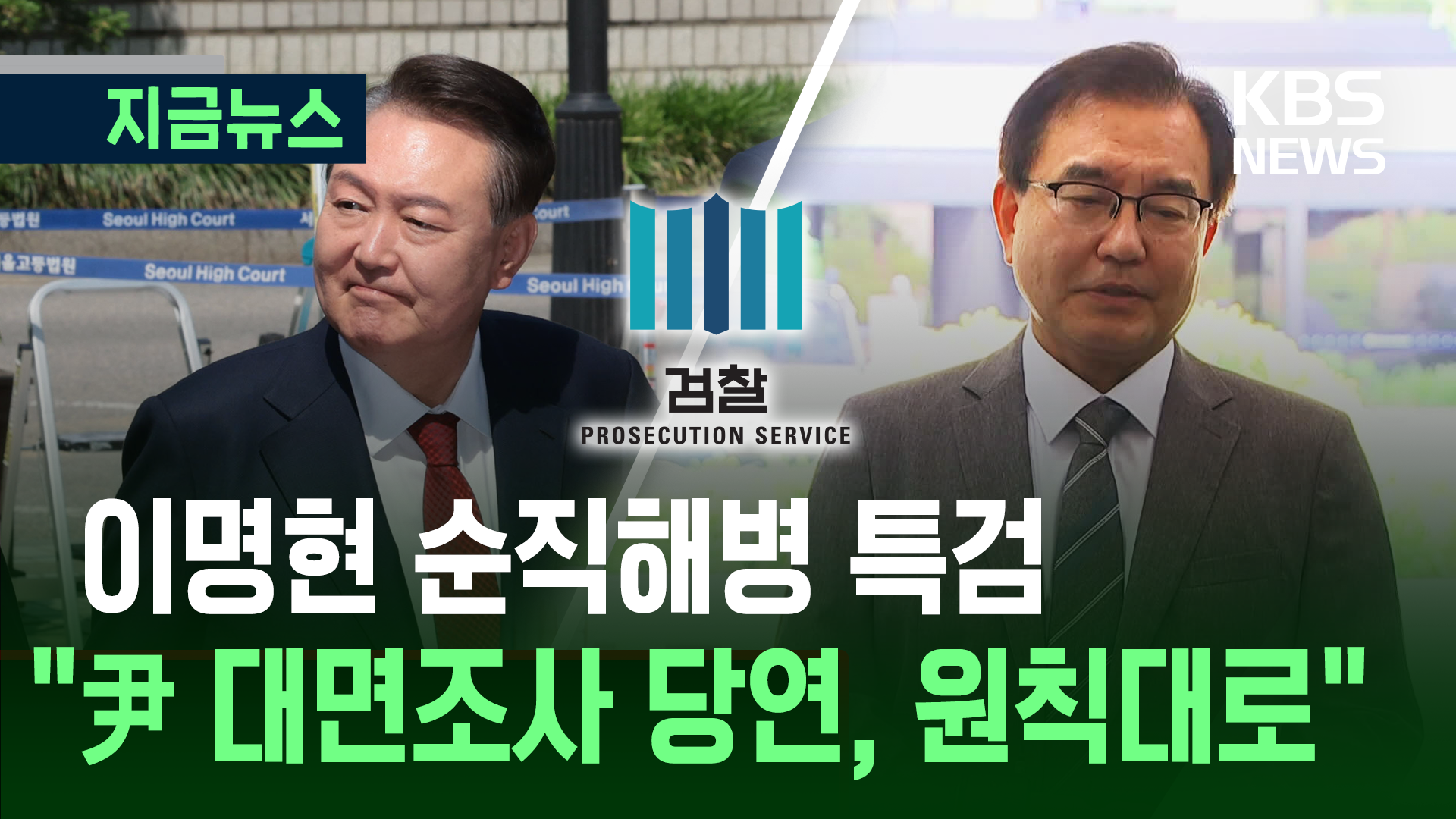[Anchor]
As organ transplants become increasingly difficult, the government has decided to improve the current system.
The plan is to allow not only brain-dead patients but also those in cardiac arrest to donate organs.
However, this requires amendments to related laws and careful consideration of bioethical concerns.
Next, we have reporter Kim Seong-su.
[Report]
Currently, organ donations such as liver and kidney transplants are only allowed when a person is declared brain-dead.
The Ministry of Health and Welfare is now reviewing a plan to expand the donor criteria to include those who are in a state of cardiac arrest—when the heart has stopped beating and blood circulation has ceased.
[Kim Hee-sun/Director of Blood and Organ Policy, Ministry of Health and Welfare: "If there is a willingness to donate, in cases where death is determined, organ transplants can also be performed in cases of cardiac death..."]
If donations are expanded to include 'cardiac arrest' cases, it is estimated that the number of donors could increase by about 230 annually, and the number of transplants could rise by over 880, leading to an approximately 30% increase in organ donations compared to now.
Major countries in the U.S. and Europe have been using cardiac death donations for about 40 years, producing results similar to brain-death donations.
[Kim Dong-sik/Professor of Hepatobiliary Surgery, Korea University Anam Hospital: "There are people who meet foreign standards but can’t donate under Korea’s current rules. If the system is implemented, it could reduce the mortality rate among those on the waiting list."]
To expand donations beyond brain death to include cardiac arrest, related laws must be amended.
As defining the precise criteria for death after cardiac arrest could spark ethical debates, social consensus is needed.
[Lee Sam-yeol/Director of the Korea Organ Donation Agency: "It is not that we immediately extract organs once cardiac arrest occurs; if there is no change within 5 to 10 minutes after resuscitation fails, only then is death declared and the transplant..."]
There are also voices calling for strengthening posthumous honors for organ donors and expanding support such as psychological counseling for families to increase donations.
This is KBS News, Kim Seong-su.
As organ transplants become increasingly difficult, the government has decided to improve the current system.
The plan is to allow not only brain-dead patients but also those in cardiac arrest to donate organs.
However, this requires amendments to related laws and careful consideration of bioethical concerns.
Next, we have reporter Kim Seong-su.
[Report]
Currently, organ donations such as liver and kidney transplants are only allowed when a person is declared brain-dead.
The Ministry of Health and Welfare is now reviewing a plan to expand the donor criteria to include those who are in a state of cardiac arrest—when the heart has stopped beating and blood circulation has ceased.
[Kim Hee-sun/Director of Blood and Organ Policy, Ministry of Health and Welfare: "If there is a willingness to donate, in cases where death is determined, organ transplants can also be performed in cases of cardiac death..."]
If donations are expanded to include 'cardiac arrest' cases, it is estimated that the number of donors could increase by about 230 annually, and the number of transplants could rise by over 880, leading to an approximately 30% increase in organ donations compared to now.
Major countries in the U.S. and Europe have been using cardiac death donations for about 40 years, producing results similar to brain-death donations.
[Kim Dong-sik/Professor of Hepatobiliary Surgery, Korea University Anam Hospital: "There are people who meet foreign standards but can’t donate under Korea’s current rules. If the system is implemented, it could reduce the mortality rate among those on the waiting list."]
To expand donations beyond brain death to include cardiac arrest, related laws must be amended.
As defining the precise criteria for death after cardiac arrest could spark ethical debates, social consensus is needed.
[Lee Sam-yeol/Director of the Korea Organ Donation Agency: "It is not that we immediately extract organs once cardiac arrest occurs; if there is no change within 5 to 10 minutes after resuscitation fails, only then is death declared and the transplant..."]
There are also voices calling for strengthening posthumous honors for organ donors and expanding support such as psychological counseling for families to increase donations.
This is KBS News, Kim Seong-su.
■ 제보하기
▷ 카카오톡 : 'KBS제보' 검색, 채널 추가
▷ 전화 : 02-781-1234, 4444
▷ 이메일 : kbs1234@kbs.co.kr
▷ 유튜브, 네이버, 카카오에서도 KBS뉴스를 구독해주세요!
- S. Korea reviews organ donations
-
- 입력 2025-06-19 00:16:54

[Anchor]
As organ transplants become increasingly difficult, the government has decided to improve the current system.
The plan is to allow not only brain-dead patients but also those in cardiac arrest to donate organs.
However, this requires amendments to related laws and careful consideration of bioethical concerns.
Next, we have reporter Kim Seong-su.
[Report]
Currently, organ donations such as liver and kidney transplants are only allowed when a person is declared brain-dead.
The Ministry of Health and Welfare is now reviewing a plan to expand the donor criteria to include those who are in a state of cardiac arrest—when the heart has stopped beating and blood circulation has ceased.
[Kim Hee-sun/Director of Blood and Organ Policy, Ministry of Health and Welfare: "If there is a willingness to donate, in cases where death is determined, organ transplants can also be performed in cases of cardiac death..."]
If donations are expanded to include 'cardiac arrest' cases, it is estimated that the number of donors could increase by about 230 annually, and the number of transplants could rise by over 880, leading to an approximately 30% increase in organ donations compared to now.
Major countries in the U.S. and Europe have been using cardiac death donations for about 40 years, producing results similar to brain-death donations.
[Kim Dong-sik/Professor of Hepatobiliary Surgery, Korea University Anam Hospital: "There are people who meet foreign standards but can’t donate under Korea’s current rules. If the system is implemented, it could reduce the mortality rate among those on the waiting list."]
To expand donations beyond brain death to include cardiac arrest, related laws must be amended.
As defining the precise criteria for death after cardiac arrest could spark ethical debates, social consensus is needed.
[Lee Sam-yeol/Director of the Korea Organ Donation Agency: "It is not that we immediately extract organs once cardiac arrest occurs; if there is no change within 5 to 10 minutes after resuscitation fails, only then is death declared and the transplant..."]
There are also voices calling for strengthening posthumous honors for organ donors and expanding support such as psychological counseling for families to increase donations.
This is KBS News, Kim Seong-su.
As organ transplants become increasingly difficult, the government has decided to improve the current system.
The plan is to allow not only brain-dead patients but also those in cardiac arrest to donate organs.
However, this requires amendments to related laws and careful consideration of bioethical concerns.
Next, we have reporter Kim Seong-su.
[Report]
Currently, organ donations such as liver and kidney transplants are only allowed when a person is declared brain-dead.
The Ministry of Health and Welfare is now reviewing a plan to expand the donor criteria to include those who are in a state of cardiac arrest—when the heart has stopped beating and blood circulation has ceased.
[Kim Hee-sun/Director of Blood and Organ Policy, Ministry of Health and Welfare: "If there is a willingness to donate, in cases where death is determined, organ transplants can also be performed in cases of cardiac death..."]
If donations are expanded to include 'cardiac arrest' cases, it is estimated that the number of donors could increase by about 230 annually, and the number of transplants could rise by over 880, leading to an approximately 30% increase in organ donations compared to now.
Major countries in the U.S. and Europe have been using cardiac death donations for about 40 years, producing results similar to brain-death donations.
[Kim Dong-sik/Professor of Hepatobiliary Surgery, Korea University Anam Hospital: "There are people who meet foreign standards but can’t donate under Korea’s current rules. If the system is implemented, it could reduce the mortality rate among those on the waiting list."]
To expand donations beyond brain death to include cardiac arrest, related laws must be amended.
As defining the precise criteria for death after cardiac arrest could spark ethical debates, social consensus is needed.
[Lee Sam-yeol/Director of the Korea Organ Donation Agency: "It is not that we immediately extract organs once cardiac arrest occurs; if there is no change within 5 to 10 minutes after resuscitation fails, only then is death declared and the transplant..."]
There are also voices calling for strengthening posthumous honors for organ donors and expanding support such as psychological counseling for families to increase donations.
This is KBS News, Kim Seong-su.
-
-

김성수 기자 ssoo@kbs.co.kr
김성수 기자의 기사 모음
-
이 기사가 좋으셨다면
-
좋아요
0
-
응원해요
0
-
후속 원해요
0















이 기사에 대한 의견을 남겨주세요.